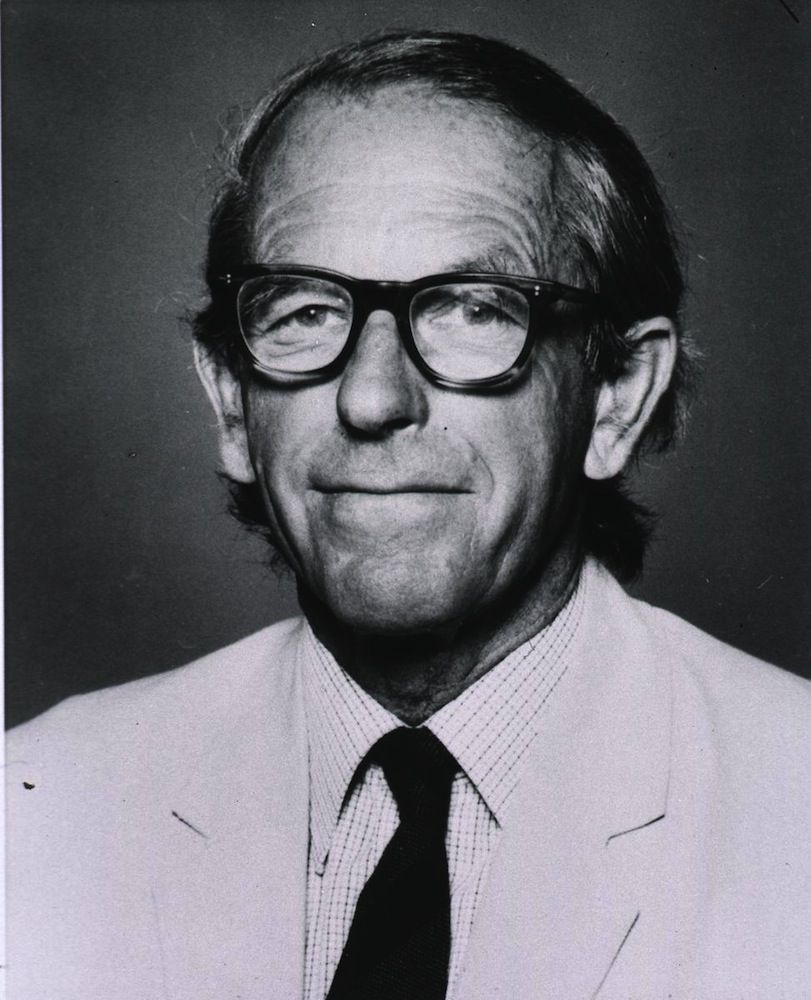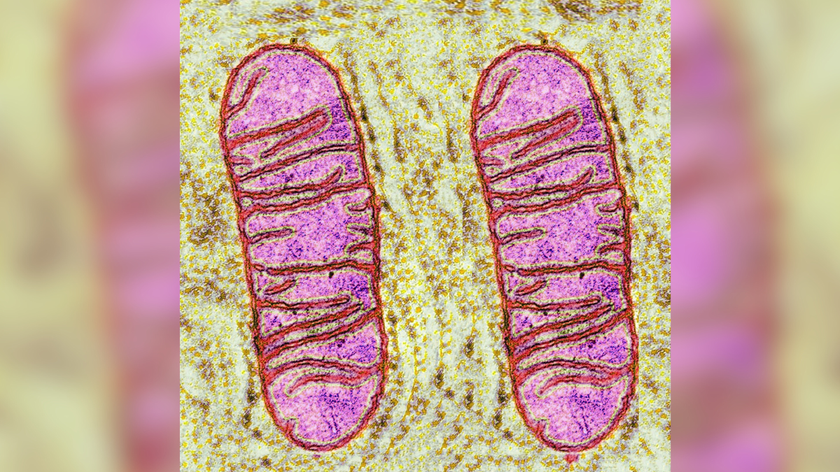
DNA Sequencing Pioneer Fred Sanger Dies

The two-time Nobel laureate and biochemist who did pioneering research on the human genome, Fred Sanger, has died Tuesday at age 95, according to a statement today (Nov. 20) from the University of Cambridge.
Sanger won a Nobel Prize in Chemistry in 1958 for his work determining the structure of the hormone insulin, but is best known for developing the rapid method of DNA sequencing named after him, which earned him a second Nobel in 1980, making him one of only four people in history to win the prize twice.
Born in Gloucestershire, England, Sanger came to study at Cambridge in 1939. He earned a doctoral degree in biochemistry there in 1943, and later became head of the university's division of protein chemistry. The Wellcome Trust Sanger Institute, a genomic research center in Hinxton, England, is named after him.
"His work for his second Nobel Prize, a method to decode DNA, has transformed our understanding of life on earth and is the foundation of developments in healthcare from understanding inherited disease to developing new cancer treatment," Venki Ramakrishnan, a molecular biologist at Cambridge told Cambridge News.
Sign up for the Live Science daily newsletter now
Get the world’s most fascinating discoveries delivered straight to your inbox.













